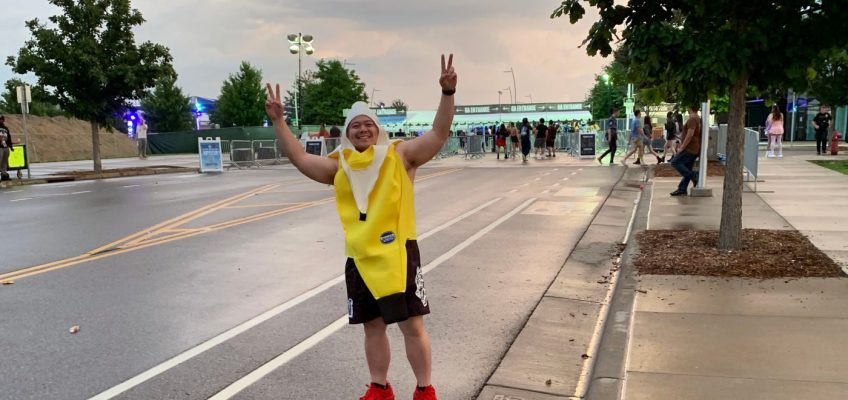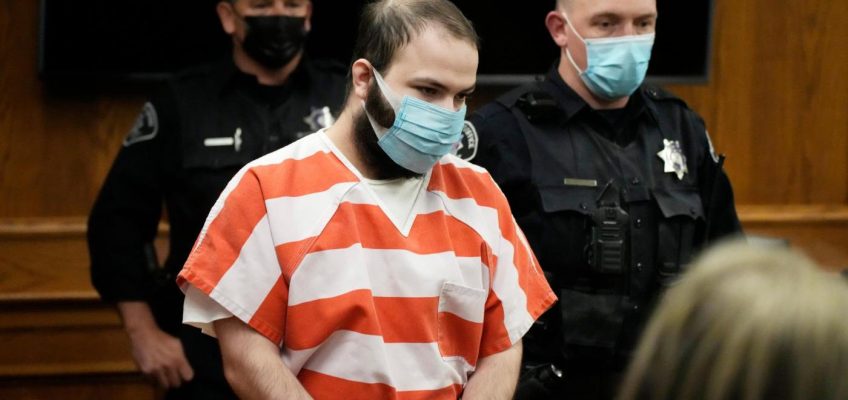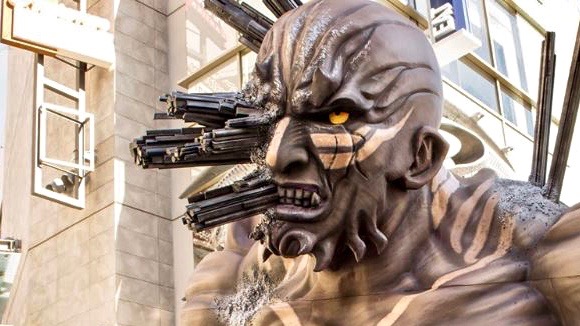Organizers have pulled the plug on the inaugural Forbidden Festival — an eight-hour, multi-artist celebration of electronic dance music — that had been scheduled to unfold Saturday outside Allianz Field in St. Paul’s Midway.
“Unfortunately, we had some very unforeseen situations that led us to postpone the event until next year,” said festival organizer Breno Bueno, who said he had attempted to work through the situation over the past several weeks. “We’re going to do some smaller events in the meantime over the next year.”
Bueno, an undergraduate at the University of St. Thomas, said ticket sales had been “doing OK” and refunds are underway. He had struggled, however, to find the appropriate vendors to decorate the lot outside the professional soccer stadium and create the right aesthetic, among other challenges.
The biggest hang-up was “decorations for the event and things like that,” he said. “We want to do everything very customized for the event, and we were looking for people to make a very unique face for the event, and we couldn’t find anyone to do that.”
Bueno also put out a written statement on Tuesday saying, “By postponing, we can invest further in enhancing our programming, improving logistics, and fostering deeper community partnerships to ensure the festival’s success and long-term impact. This extra planning window will also give us more opportunities to collaborate with local vendors and artists, thereby maximizing the benefits to the local economy and community.”
A previous electronic dance music celebration put on by different organizers, the two-day Breakaway Music Festival, had drawn strong criticism from some neighbors this summer over noise and vibrations. Bueno, who had promised a smaller, more contained, single-day festival, said the Forbidden Festival’s cancelation had “nothing to do with the city. Actually, with the city, everything was perfect. We worked really closely with them to bring the best experience forward for the neighborhood.”
He said the Forbidden Festival will move forward in 2025, though it remains to be seen whether it will be held outside Allianz Field or in another venue, like a park, Bueno said.
Related Articles
Trucker’s memorable payload: a giant loon, hauled from L.A. to St. Paul
St. Paul: Midway McDonald’s to close Dec. 8, Loon sculpture to arrive later this month near Allianz Field
St. Paul: A hard look at the struggling corner of Snelling and University avenues
Minnesota United endorses Forbidden Festival outside St. Paul’s Allianz Field
Forbidden Festival promises eight-hour college music event, open bar, at St. Paul’s Allianz Field




